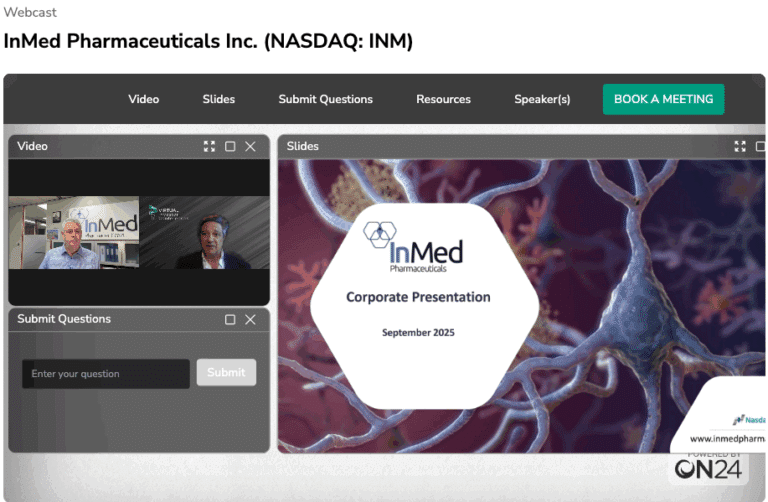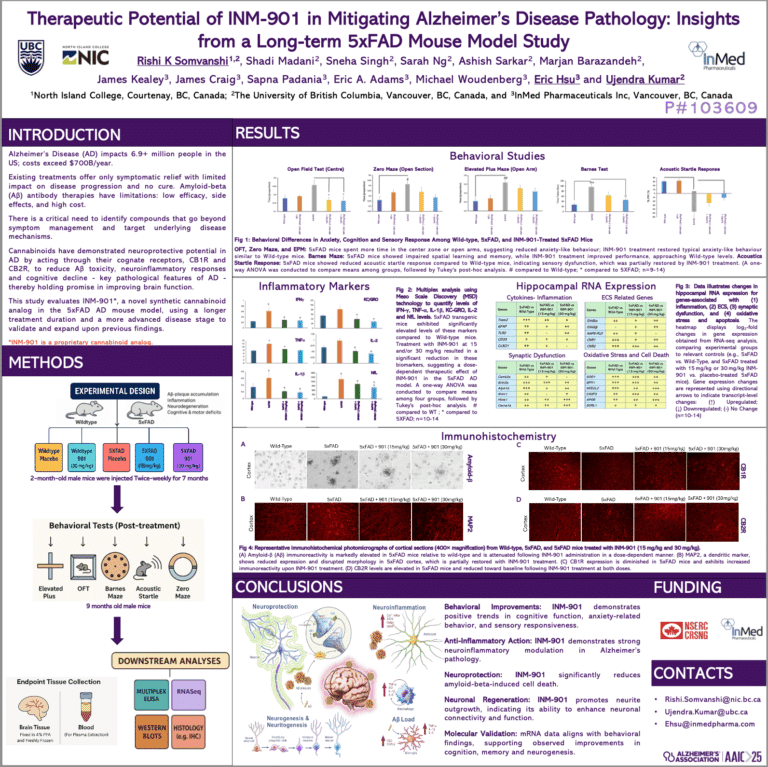Article featured in Fierce Biotech October 16, 2025
Excerpt:
New findings discussed at the latest Alzheimer’s Association International Conference (AAIC) highlight the risk factors associated with Alzheimer’s disease. Amongst the risks are inflammation-related factors.
- What is new research telling us about the impact of neuroinflammation in the development and progression of Alzheimer’s disease?
- Can addressing neuroinflammation delay or slow cognitive decline?
- What new Alzheimer’s treatments are being developed that address neuroinflammation?
Researchers Look at Inflammation Biomarkers in Alzheimer’s Disease Risk
Several studies presented at the AAIC 2025 conference investigated the correlation between inflammatory biomarkers and the risk of Alzheimer’s disease and other dementias. Researchers are turning their attention to how inflammation influences cognitive decline.
One study included a review of scientific literature related to obesity, inflammation and Alzheimer’s disease over the past five years. The analysis of the studies suggests that low-grade systemic and local inflammation observed in obese individuals is associated with the earlier onset of Alzheimer’s disease and can be attributed to the release of pro-inflammatory markers and hormones. The analysis also suggests that insulin resistance associated with obesity leads to amyloid deposits and plaque build-up in the brain, impacting brain cell function.
Another study explored the role of pro-inflammatory cytokine interleukin-17A and its association with Alzheimer’s disease progression. Intensified IL-17A-mediated signaling elevated proinflammatory cytokines and upregulated amyloid-beta plaques and tau proteins in the hippocampus and cortex.
Read full article in Fierce Biotech here.







